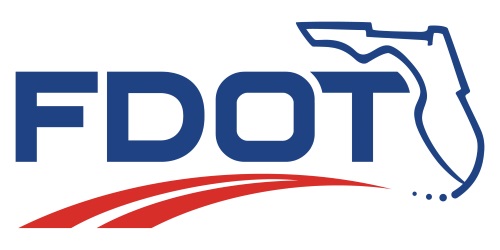In an effort to help expand the capacity of small businesses statewide, the Florida Department of Transportation said it has invested more than $1.2 billion in small, veteran, minority, women, and disadvantaged businesses over the past fiscal year – providing a significant economic impact within communities across Florida.

Governor Ron DeSantis (R) noted in a statement that this “ongoing commitment” on the part of Florida DOT would provide those businesses with “more opportunities to thrive for years to come” across Florida.
“Supporting small and disadvantaged businesses is a priority of the department as we work toward building the transportation system that will serve Floridians for generations to come,” added Kevin Thibault, secretary of the Florida DOT.
The agency specifically highlighted the specific funding support it provided to small businesses across Florida during fiscal year 2019-2020:
- Reserved 199 projects totaling more than $60 million in contracts for certified small businesses.
- Spent nearly $430 million with minority/women business enterprise firms, which is an increase of over $40 million compared to the 2018-2019 fiscal year.
- Spent $206 million with veteran-owned businesses; an increase of over $43 million compared to the 2018-2019 fiscal year.
- Committed nearly $770 million with certified disadvantaged business enterprise or DBE firms; an increase of close to $87 million compared to the prior federal fiscal year.
The Florida DOT added that it is currently engaged in a comprehensive review of its small business program.
As part of this review, it is conducting listening sessions in every region of the state to seek input from the small business community regarding the issues and challenges they are facing and their ideas and perspectives on how to improve department programs.
A final assessment – due by spring of 2021 – will include recommendations for continued improvements in contracting with small, veteran, minority, women, and DBEs.
 States
States
Georgia DOT Foreman Receives Two Heroism Awards
January 2, 2026 States
States

